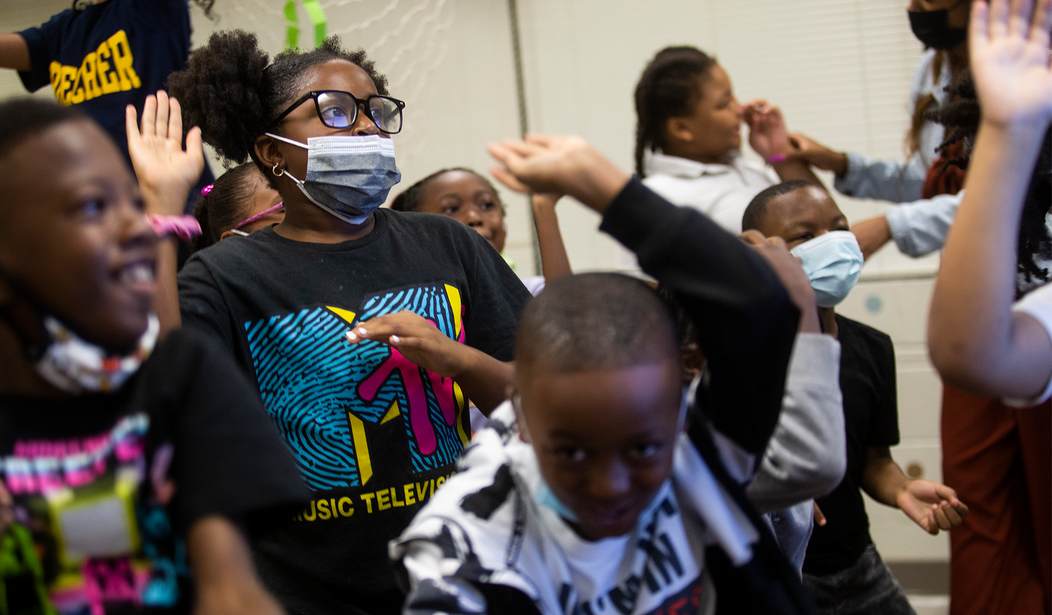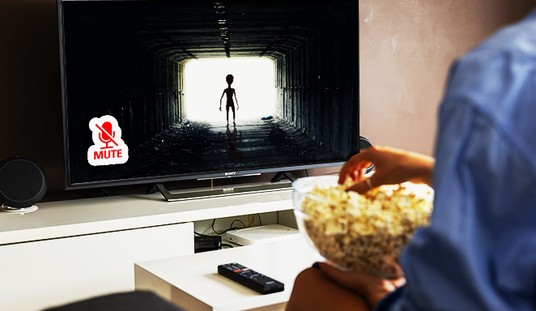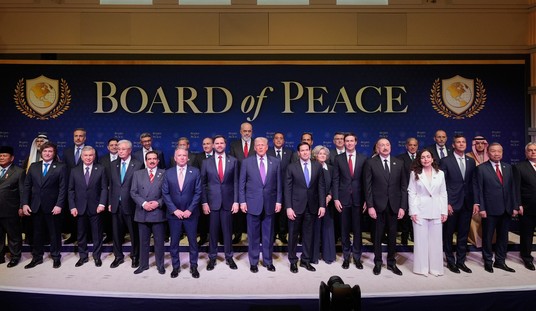The nation’s largest teachers union is about to embark on an aggressive campaign against school choice. This is nothing new from progressives and teachers unions, who believe the government should have the ultimate say in how and where parents educate their children.
But the tactic they are using is predictable, if not totally bizarre.
The objective of the anti-choice crowd is to convince Americans that allowing black parents more options in how their children are educated is somehow racist.
A network supported by the nation’s largest teacher union, the National Education Association (NEA), will be launching an anti-school choice campaign Jan. 22 during National School Choice Week.
School choice advocate Corey DeAngelis shared that the Partnership for the Future of Learning (PFL) sent out an “embargoed toolkit” set to release Jan. 22. The network is housed under the Rockefeller Philanthropy Advisors, according to the PFL website.
The toolkit says that these “private school voucher programs use public funds to pay for private education” and claims there is “overwhelming evidence they are harmful public policy, and that these “voucher programs” are “deeply rooted in segregation, racism and discrimination.”
These claims are already questionable on their face. It seems that the overwhelming majority of black Americans favor school choice, so I suppose this means they are also racist? A poll from December of last year further illustrates how black people view school choice.
According to a new poll from RealClear Opinion Research, which surveyed 1,000 registered voters in December 2023, candidates’ support of school choice makes voters of all political stripes more likely to support them.
This support exists across party lines. Overall, 76 percent of voters polled say they are more likely to vote for a candidate who supports school choice, including 77 percent of Democrats, 86 percent of Republicans, and 67 percent of Independents.
Notably, the demographic with the highest support is Black Americans, nearly 80 percent of whom say they are more likely to vote for someone who champions school choice.
These results confirm that school choice is here to stay and remains a political reality to which legislators who wish to be reelected must respond.
Just in case someone thinks these results are a fluke, according to an EdChoice/Morning Consult poll, 78 percent of black Americans favor educational savings accounts, 79 percent support school vouchers, and 74% support charter schools.
So, this pretty much shatters the notion that granting more options to black parents is racist. But I’d like to take it a step further. School choice is not racist. But those who oppose it are pushing for racist policy.
School choice has offered a critical lifeline for black families that government-run schools have historically underserved. Even with the billions in funding that these schools receive, they are still failing black students.
An article published by the Hechinger Report details the author’s experiences, exemplifying how school choice has helped black families.
Two of my children have learning disabilities, and we have been greatly blessed to have access to the Empowerment Scholarship Account program in Arizona, which enables the families of qualified students to access their state-allocated per-pupil funding. We are able to use these funds for our children’s individual educational needs for private or home-based instruction, as well as to purchase curricula and pay for educational therapies. This program has allowed me to remove my daughters from schools that were not meeting their needs.
The inequities in America’s public school system are stark. Schools attended predominantly by minority students often receive less funding and possess fewer resources. School choice helps black families escape from the deeply flawed school system by allowing them to exercise more options as to where they educate their kids and achieve better outcomes.
In light of this, it makes more sense to suggest that opposition to school choice is a form of systemic racism. By limiting educational options for black parents, they are denying them the right to seek better educational results, perpetuating a vicious cycle where the quality of one’s education is determined by zip code rather than actual need.
Indeed, the very notion that folks on the left would argue that the state should decide where black children are educated instead of their parents is the very definition of racism. The public school system is clearly broken, especially in urban areas. So, why wouldn’t the folks who claim to detest racism be opposed to allowing black parents to pursue better education for their kids?














